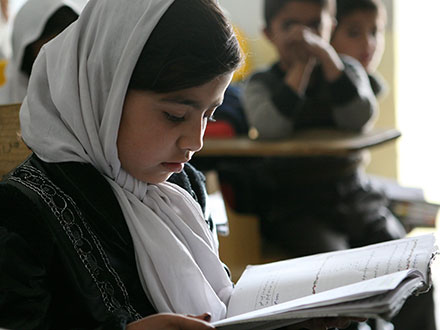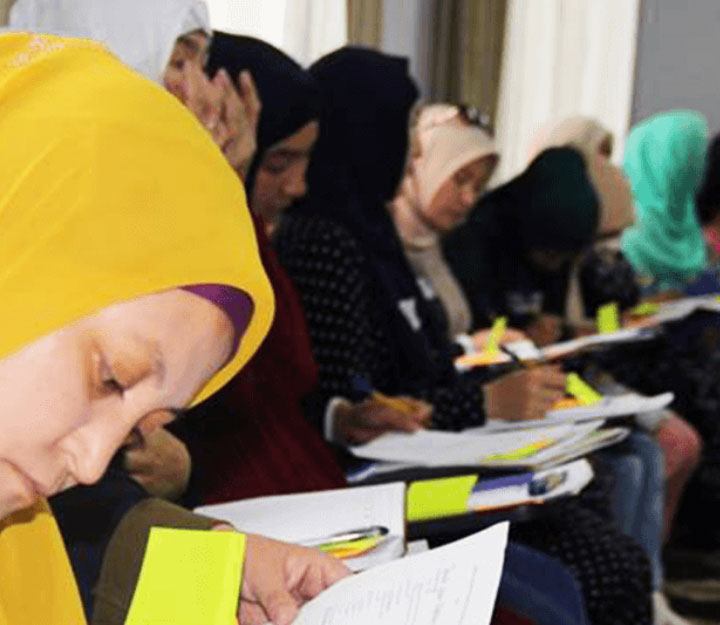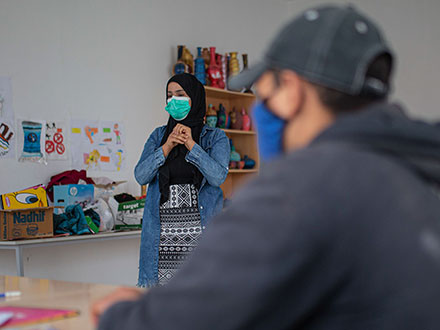
CVE Training Curriculum - The Georgian Edition
The curriculum provides training for government and civil society workers on the field of countering violent extremism, whether or not they have prior experience with it.
The field of countering violent extremism is rapidly growing and changing as we learn from practice and research. However, these rapid changes have made it difficult for practitioners in government and civil society to understand the latest trends, good practices, and lessons learned. This curriculum is an attempt at overcoming these challenges.
Guidebooks
- Countering Violent Extremism: Facilitator’s Guide
- Countering Violent Extremism: An introductory guide to concepts, programming, and best practices, in English and Georgian
Presentations
- Module 1: Conceptual grounding in countering violent extremism
- Module 2: Understanding drivers of violent extremism in a contextualized manner
- Module 3: A multisectoral approach to countering violent extremism: Opportunities for collaboration between government and civil society
- Module 4: Understanding and engaging youth in countering violent extremism
- Module 5: Understanding gender dynamics to radicalization, violent extremism and engaging women and girls
- Module 6: Education’s role in preventing and countering violent extremism
- Module 7: Engaging community leaders and families in countering violent extremism
- Module 8: Understanding the role of narratives and media in violent extremism
- Module 9: Utilizing an innovative toolbox: leveraging new media and technology
- Module 10: Monitoring and evaluation of efforts in response to violent extremism
Handouts
Pre and Post Tests
Videos
About the CVE Curriculum
This training curriculum was produced by Search for Common Ground in collaboration with Hedayah and generously financed by the European Union through the STRIVE Global Program. It was adapted to Georgian by the Georgian Center for Strategy and Development (GCSD).
The curriculum is structured into ten learning modules and is accompanied by training materials, including a facilitator’s guide, slide presentations, handouts, and pre-recorded webinars to allow for multi-day trainings. The materials include a series of activities for each module and links to illustrative videos that provide primers for discussion and reflection.
This curriculum delivers a contextually literate training program on countering violent extremism and awareness-raising that is relevant and accessible across regional contexts. It highlights the benefits of collaborative approaches that go beyond military or securitized responses to violent extremism and offers tools and guidance for easy adaptation to local contexts and cultures. Finally, it encourages the early identification and mitigation of risks with programming, as well as ensuring a Do No Harm approach.










